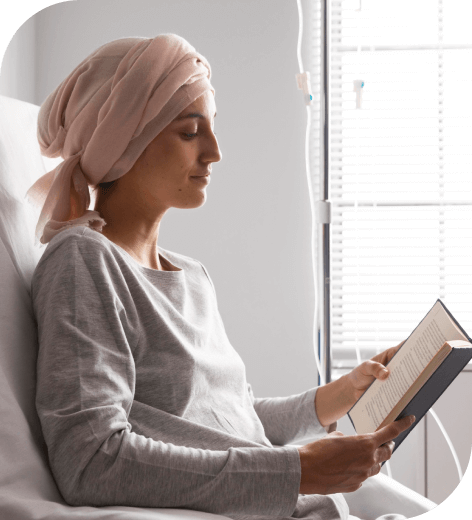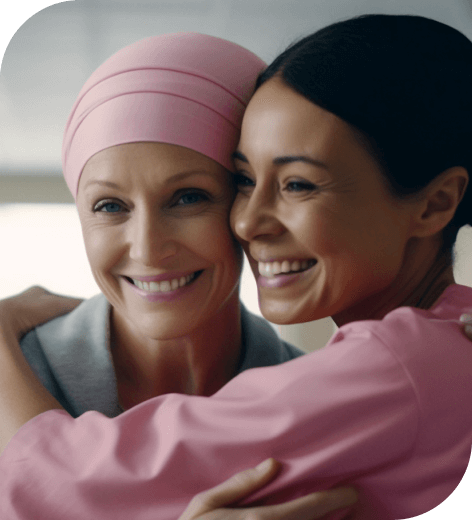
Wellness And Therapy Guides
Qigong
What is Qigong?
Qigong is a holistic practice from traditional Chinese medicine, focusing on balancing the body’s vital energy, known as Qi or Chi. Qigong is a system of health practices intended to prevent disease as well as restore wellness in those who are ill.
Combining gentle movements, breath control, and meditation, Qigong aims to promote health and wellbeing by harmonising the flow of Qi throughout the body.
Practitioners perform slow, fluid movements with deep breathing to circulate Qi along meridian pathways. These exercises can be tailored to individual needs and abilities, and may be performed standing, sitting, or lying down. Visualisations and self-massage enhance relaxation and Qi flow.
The combination of specialised movements with conscious breathing techniques help change neural pathways to assist you in opening up new ways of placing meaning on your inner and outer world.
Qigong is suitable for everybody, regardless of age, fitness, state of health or belief system or prior experience.

Qigong is a holistic practice from traditional Chinese medicine, focusing on balancing the body’s vital energy, known as Qi or Chi. Qigong is a system of health practices intended to prevent disease as well as restore wellness in those who are ill.
Combining gentle movements, breath control, and meditation, Qigong aims to promote health and wellbeing by harmonising the flow of Qi throughout the body.
Practitioners perform slow, fluid movements with deep breathing to circulate Qi along meridian pathways. These exercises can be tailored to individual needs and abilities, and may be performed standing, sitting, or lying down. Visualisations and self-massage enhance relaxation and Qi flow.
The combination of specialised movements with conscious breathing techniques help change neural pathways to assist you in opening up new ways of placing meaning on your inner and outer world.
Qigong is suitable for everybody, regardless of age, fitness, state of health or belief system or prior experience.
Benefits for People Living With Cancer

Qigong offers numerous potential benefits for people living with cancer.
Research suggests that practising Qigong may enhance immune function, improve quality of life, and reduce levels of stress hormones in cancer patients.
Qigong has also shown promise in alleviating symptoms such as pain, depression, and cancer-related fatigue.
Studies indicate that Qigong may also have a positive impact on physical and mental functioning, sleep quality, and inflammation levels in cancer patients.
Additionally, Qigong can reduce anxiety and balance the autonomic nervous system, promoting a sense of calm and wellbeing.
Benefits for People Living With Cancer
Qigong offers numerous potential benefits for people living with cancer.
Research suggests that practising Qigong may enhance immune function, improve quality of life, and reduce levels of stress hormones in cancer patients.
Qigong has also shown promise in alleviating symptoms such as pain, depression, and cancer-related fatigue.
Studies indicate that Qigong may also have a positive impact on physical and mental functioning, sleep quality, and inflammation levels in cancer patients.
Additionally, Qigong can reduce anxiety and balance the autonomic nervous system, promoting a sense of calm and wellbeing.
Benefits for Carers
Qigong can provide stress relief, relaxation, and release tension and anxiety, and cultivate inner peace.
It can improve physical health, boost energy levels, and foster emotional resilience through recharging and nurturing your own health.

Qigong can provide stress relief, relaxation, and release tension and anxiety, and cultivate inner peace.
It can improve physical health, boost energy levels, and foster emotional resilience through recharging and nurturing your own health.
What to Expect from Your Session

For a Qigong session, it is recommended to wear loose clothing for comfort.
Starting with gentle stretches, your instructor will lead you through flowing movements, focusing on breath and relaxation. You’ll be guided to tune into your internal energy while gentle hand movements help balance Qi flow.
Your Qigong instructor may use gentle hand movements near your body to direct, balance, and regulate the flow of Qi.
Sessions are deeply relaxing, with possible sensations of warmth or coolness. Muscle twitches or emotional release may occur as stagnant Qi releases.
Afterward, your instructor may suggest meditation and gentle exercises.
What to Expect from Your Session
For a Qigong session, it is recommended to wear loose clothing for comfort.
Starting with gentle stretches, your instructor will lead you through flowing movements, focusing on breath and relaxation. You’ll be guided to tune into your internal energy while gentle hand movements help balance Qi flow.
Your Qigong instructor may use gentle hand movements near your body to direct, balance, and regulate the flow of Qi.
Sessions are deeply relaxing, with possible sensations of warmth or coolness. Muscle twitches or emotional release may occur as stagnant Qi releases.
Afterward, your instructor may suggest meditation and gentle exercises.
References
- Qigong | wtqa.org.au
- What is Qigong? | National Qigong Association
- What is Qigong? | healthqigong.com.au
- Qigong | SoulAdvisor
- Health benefits of qigong or tai chi for cancer patients | Complementary Therapies in Medicine
- Qigong improves quality of life in women undergoing radiotherapy for breast cancer | Cancer
- Effect of medical Qigong on cognitive function, quality of life, and a biomarker of inflammation in cancer patients | Supportive Care in Cancer
- External Qigong for Pain Conditions | The Journal of Pain
- Acute Physiological and Psychological Effects of Qigong Exercise in Older Practitioners | Evidence-Based Complementary and Alternative Medicine
- Can Qigong Support Recovery From Breast Cancer Surgery? | SoulAdvisor Foundation


